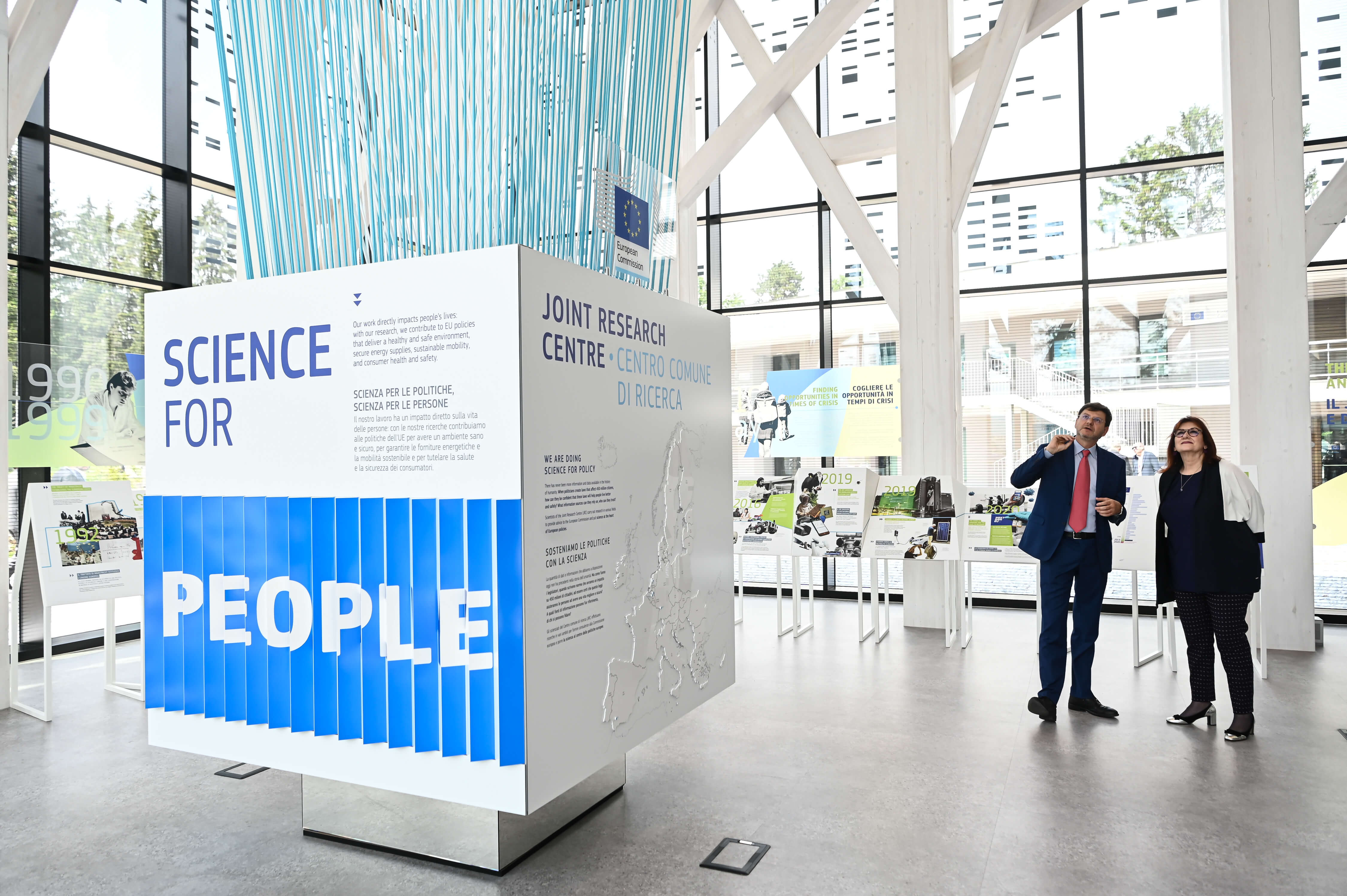Timothy Snyder is a best-selling historian who has written extensively about the rise of authoritarianism in 20th century Europe. It is worth taking note of his decision to quit his Yale University post because of Trump’s attacks on academic freedom.
Europe has certainly noticed Trump’s assault, and if it plays its cards right, it could lure a stream of cutting-edge researchers from the US to help it race ahead in scientific advances.
But can Europe stand down nativist sentiment and cut its bureaucratic and regulatory hurdles to take advantage of what may prove to be a US brain drain?
As well as in Europe, there is a growing anti-Trump movement in countries ranging from Canada to Japan and Australia, and they all hope to take advantage of the worry and disquiet being experienced by academics in the US.
They have faced an avalanche of daily announcements since Trump took office of lay-offs, cuts and delays to funding, and cancellations of research in areas including climate science and transgender health.
“For over 80 years, wise investments by the US government have built up the nation’s research enterprise, making it the envy of the world,” said an open letter sent on 31 March by almost 2,000 leading researchers.
“Astoundingly, the Trump administration is destabilising this enterprise by gutting funding for research, firing thousands of scientists, removing public access to scientific data and pressuring researchers to alter or abandon their work on ideological grounds.”
The values of academic freedom
Snyder, along with his historian wife Marci Shore, and philosophy professor Jason Stanley, are all leaving Yale for the University of Toronto. Stanley cited Columbia University’s “capitulation” to a list of demands from the Trump administration as a pre-condition for restoring $400m in federal funding it had earlier withdrawn over pro-Palestinian activity on campus.
Among the conditions Columbia agreed to was placing its Middle Eastern, South Asian and African Studies department under a new official to review educational programmes. The Trump administration has warned at least 60 other universities of possible action over alleged failure to comply with federal civil rights laws related to antisemitism.
Many American academics are thinking about quitting the US
“I believe in the values of academic freedom and defending democratic institutions,” said Stanley. “Not the idea that the proper response to authoritarians is to hide and hope you’re not next.”
Many other American academics are thinking about quitting the US. More than 75% of respondents said they were “considering leaving the country following the disruptions to science prompted by the Trump administration,” according to a poll conducted by the journal Nature.
Scientists are alarmed
Scientists are alarmed by a swathe of new regulations cutting into the heart of their freedom put forward by vaccine sceptics and pedlars of conspiracy theories appointed by Trump to senior government roles.
For example, mRNA technology, which helped in the rapid creation of COVID-19 vaccines and is showing great promise to treat other infectious diseases and cancers, is now a target.
At the National Institutes of Health, the world’s biggest funder of biomedical research, mRNA grants are being flagged, and scientists told The Guardian the technology is being treated “like a four-letter word”.
EU science ministers asked the EU to show solidarity and welcome brilliant talents from abroad
Enter the “Safe Place for Science”, a new programme with €15 million so far to pay for US researchers set up by Aix Marseille University, which says it has received dozens of applications from what it called scientific asylum-seekers.
Other institutions actively recruiting Americans include Université Paris-Saclay in France, Vrije Universiteit Brussel and Université Libre de Bruxelles in Belgium, and Karolinska Institutet in Sweden.
On 20 March, EU science ministers sent a letter to the European research commissioner asking the EU to show solidarity and welcome “brilliant talents from abroad who might suffer from research interference and ill-motivated and brutal funding cuts.”
Attracting the world’s geniuses
But just as the EU is rapidly stepping up defence spending, it will have to do the same for research and development, which stands at about 2% of GDP compared to 3.6% in the US. European officials seem to understand they also have to slash regulation to spur innovation in new technologies.
 As the EU is rapidly stepping up defence spending, it will have to do the same for research and development, which stands at about 2% of GDP compared to 3.6% in the US
As the EU is rapidly stepping up defence spending, it will have to do the same for research and development, which stands at about 2% of GDP compared to 3.6% in the US
“The idea is not only to improve the research and innovation ecosystem but also to get closer to researchers and help them manage their intellectual assets as early as possible,” Ioannis Sagias of the European Commission told a conference on competitiveness last week.
Other countries are scrambling in the wake of Trump’s chaos. Researchers in Australia fear reduced collaborations with the US unless they turn their backs on now-taboo topics such as climate change.
Australia should “double down on getting a seat at the table to access the world’s largest research fund, Horizon Europe,” said Vicki Thomson, head of the Group of Eight top research universities in Australia.
Western countries wishing to take full advantage of any US exodus may have to stand down nativist sentiment that has risen in recent years, accompanied by a rise in right-wing populism and a crackdown on immigration.
This has imposed particular and self-imposed constraints on Brexit Britain, where tightened immigration controls have had ridiculous consequences. For example, an Indian academic working at Oxford University was recently threatened with deportation because she breached her visa rules by spending too many days abroad conducting research.
Attracting the world’s geniuses will take more than waving cash around.